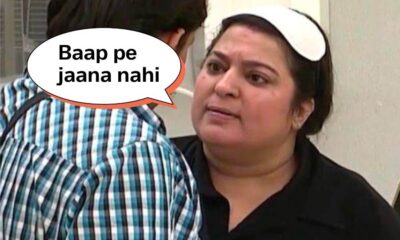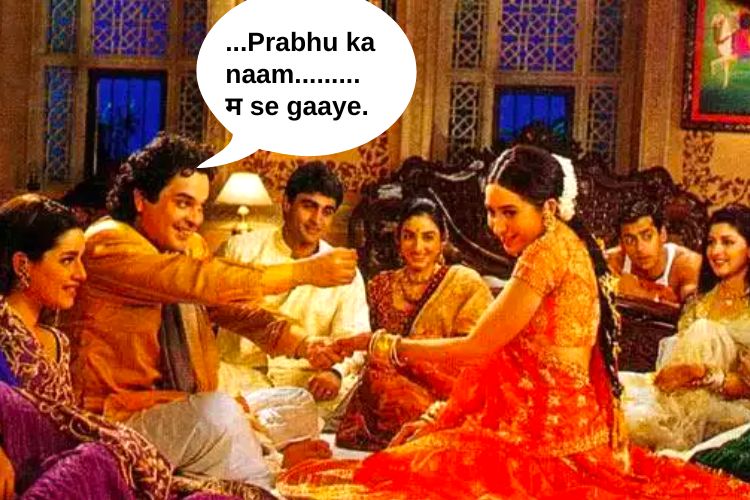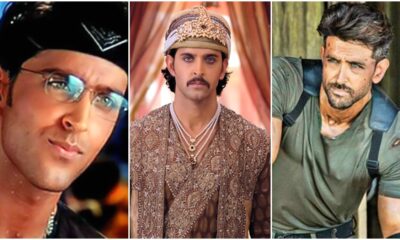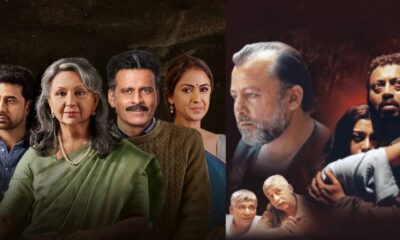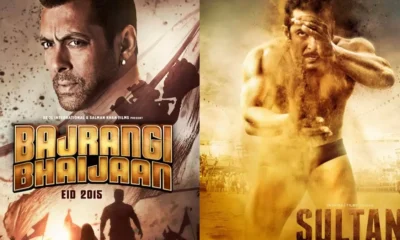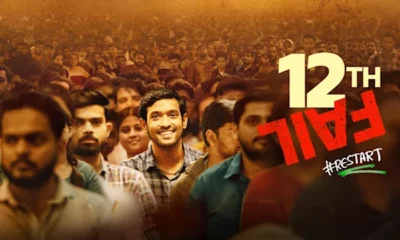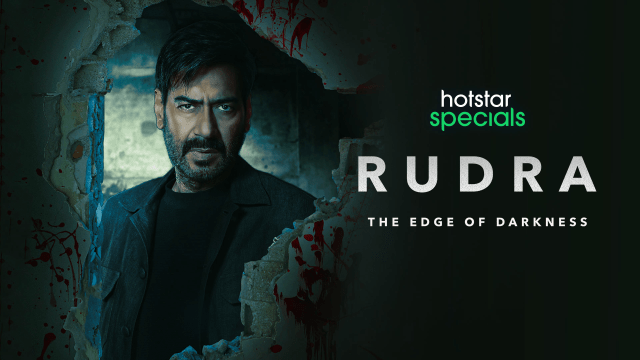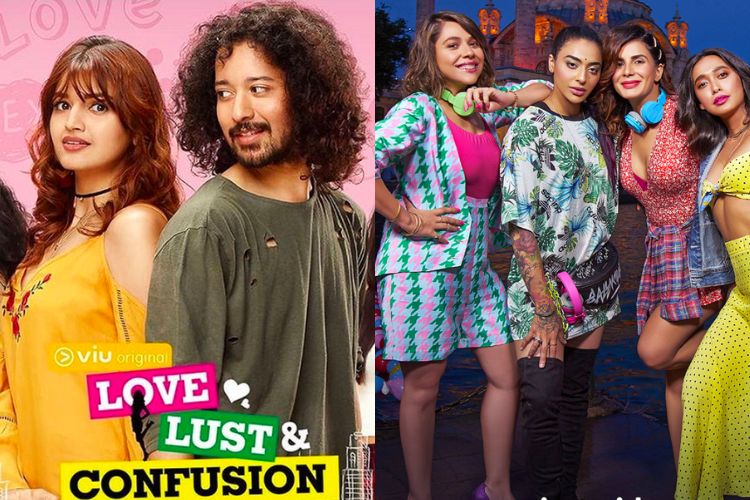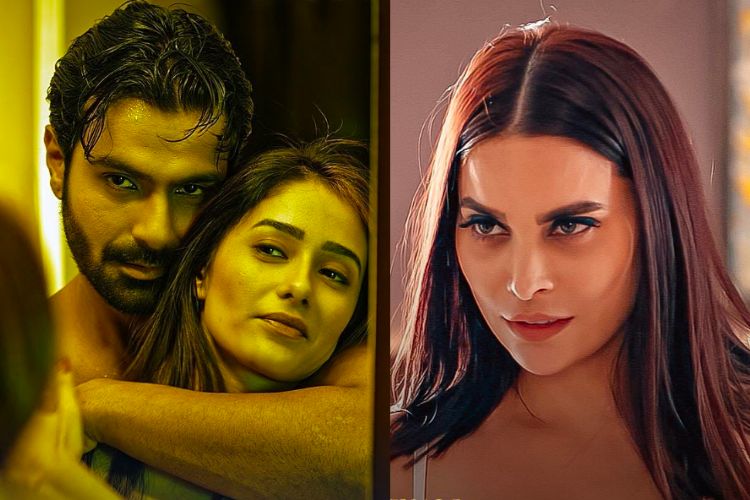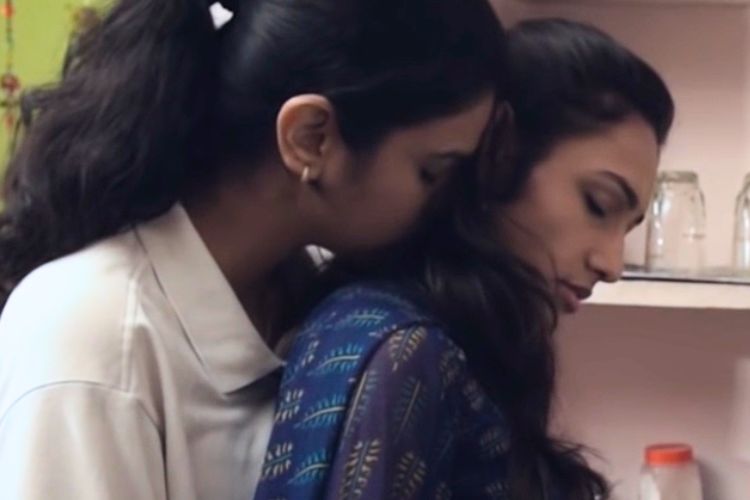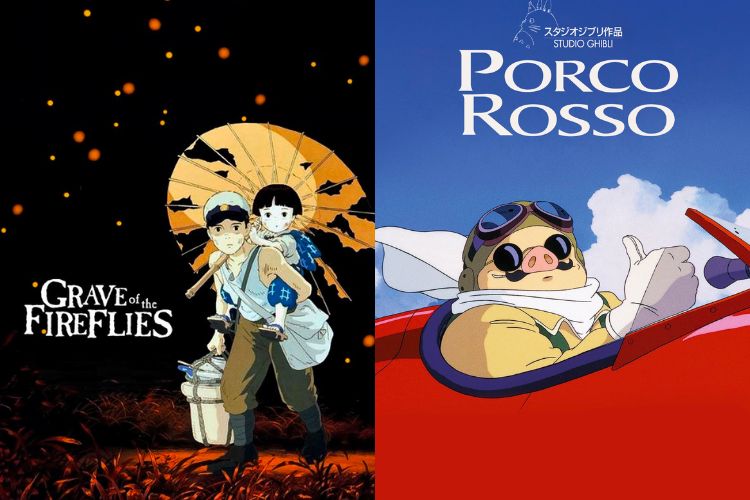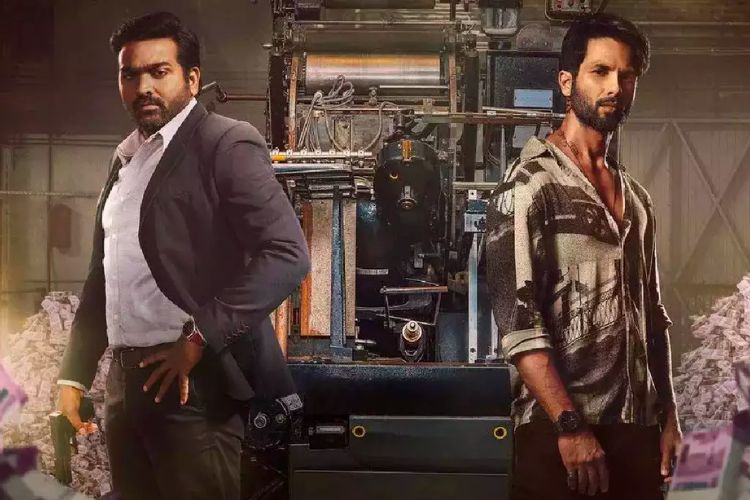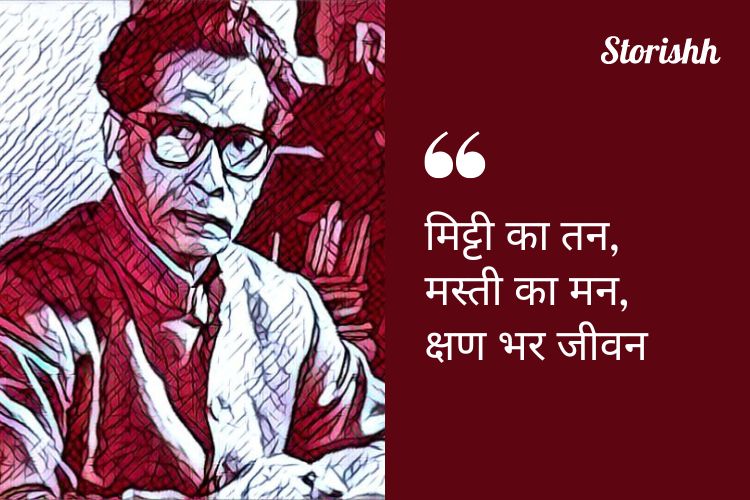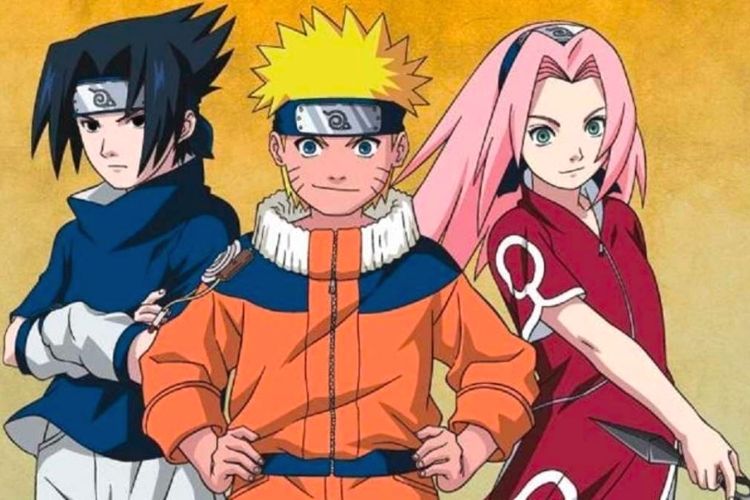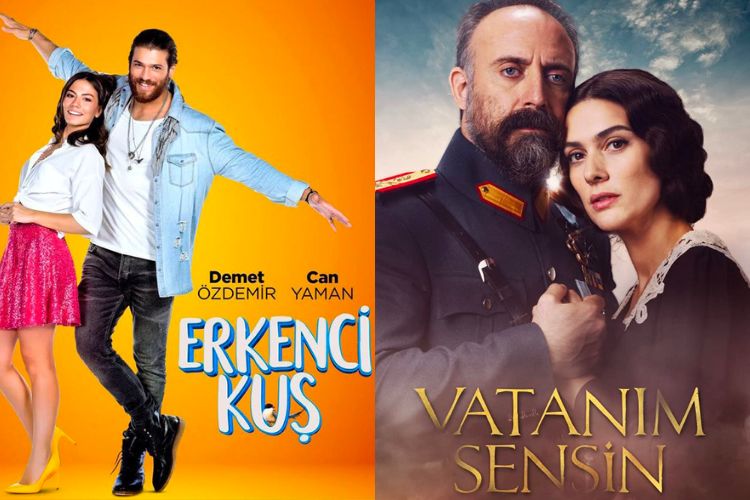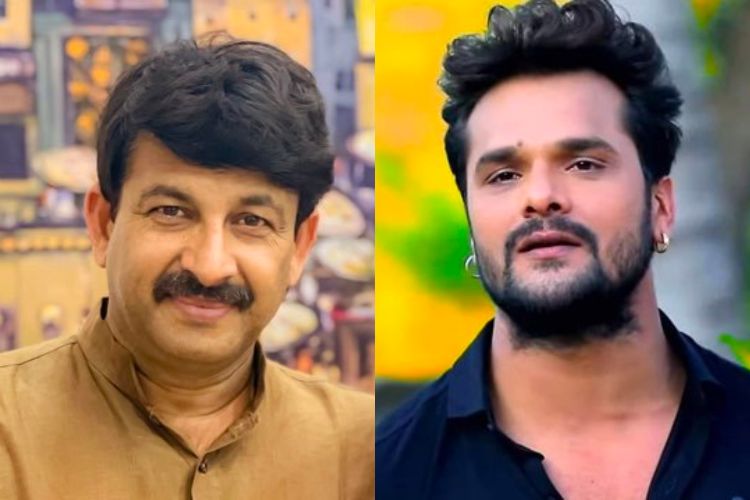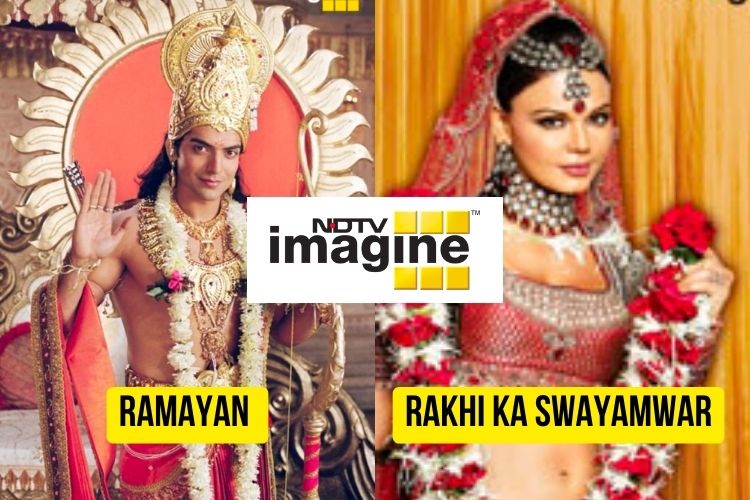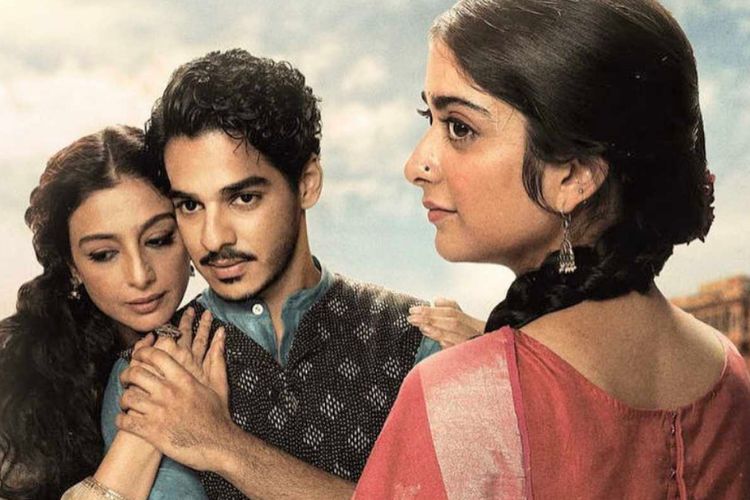
Animal Movie Controversy: What’s The Chatter All About?
Animal, directed by Sandeep Reddy Vanga, has to be the most polarizing film of the year 2023. Ever since its release, the film has been embroiled in widespread controversy. Through this article, we shall try to analyze the public discourse surrounding the film, and we will try to understand the chatter around the film and its controversies.
Page Contents
Animal Movie Controversy: What’s the Chatter All About?
Story of Animal Movie

Ranvijay Singh Balbir returns after eight years to protect his father, Balbir Singh, following an attempt on his life, which leads him to discover the darkest secrets of his family. The film is a love story between the character of Ranvijay Singh Balbir, played by Ranbir Kapoor, and his father, Balbir Singh, played by Anil Kapoor.
What is the chatter all about?

The film was heavily criticized for its portrayal of toxic masculinity and statements that objectify women. In one of the initial scenes, the protagonist, Ranvijay talks about alpha males. He begins by saying “Let’s go back in time” and then proceeds to talk about how women chose their respective halves based on strength, of protection while the “weaker” ones became poets. He then proceeds to tell her that she has “a big pelvis” and that she can “accommodate healthy babies “.
Vanga defends these dialogues in an interview, saying that the protagonist does not know how to talk to women and is awkward around them, which is why he said those lines. Furthermore, he believes that an alpha male is the “protector” of the family who protects the honor and valor of his loved ones.
On the other hand film critics have found these dialogues extremely distasteful while the pelvis dialogue has been criticized for objectifying women. A few critics have also criticized the film for its “backward approach”, and how it tries to bring back old, patriarchal values.
What does the audience think?

The audience too has been divided in their opinion regarding this. While some have defended the filmmaker, others have reacted strongly calling these dialogues and statements misogynistic.
Portrayal of women

The film has also been heavily criticized for its portrayal of women. This is not the first time that Vanga has been criticized for his portrayal of women. His earlier films, Arjun Reddy and Kabir Singh, had also received a lot of backlash regarding the same. When it comes to this film, however, the opinions are quite mixed.
In one instance, while being under steroids, Ranvijay announces that “It’s a man’s world” and while his wife has to change pads for “merely 5 days” in a month, he has to do the same 50 times in a day because of his injuries. In another instance, he cheats on Gitanjali (Rashmika Mandanna), his wife, to allegedly extract information from a honey trap named Zoya (Tripti Dimri).
Following this, there’s an altercation between the couple which ends with Ranvijay going to Scotland to kill Abrar (Bobby Deol) before leaving he asks Gitanjali to “not remarry” if he doesn’t come back. In another instance, Ranvijay asks Zoya to “lick his shoe” if she truly loves him.
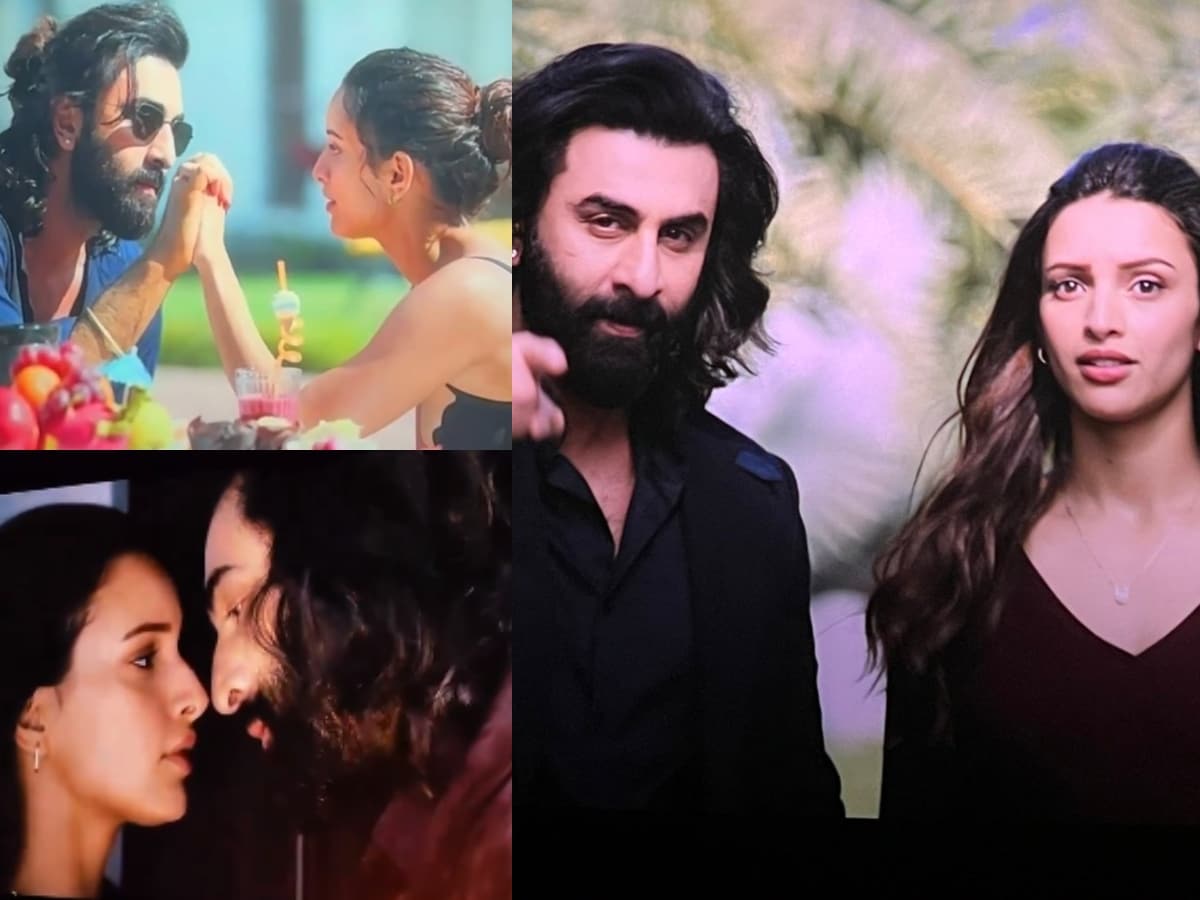
Vanga defends these instances by citing that one must look at these with context to the narrative and it sounds wrong if heard without context. About the shoe-licking scene, Vanga laments “Wo ladki uske baap ko maarne aayi thi, usko lick my shoe nahi bolega toh kya bolega?” (She had come to kill his father, if he shouldn’t ask her to lick his shoe, what should he ask her to do?). He further states that he didn’t let her lick her shoe and also arranged for her departure.
However, this scene has not gone down well with critics and a major part of the audiences alike as they believe the scene to be highly problematic and misogynistic. Some have defended the filmmaker.
Another segment of the audience has defended the portrayal of women in the film, calling Gitanjali the strongest character of the film, who does not comply with Ranvijay and gives it back to him whenever he attempts to tame her.
Communal Hatred
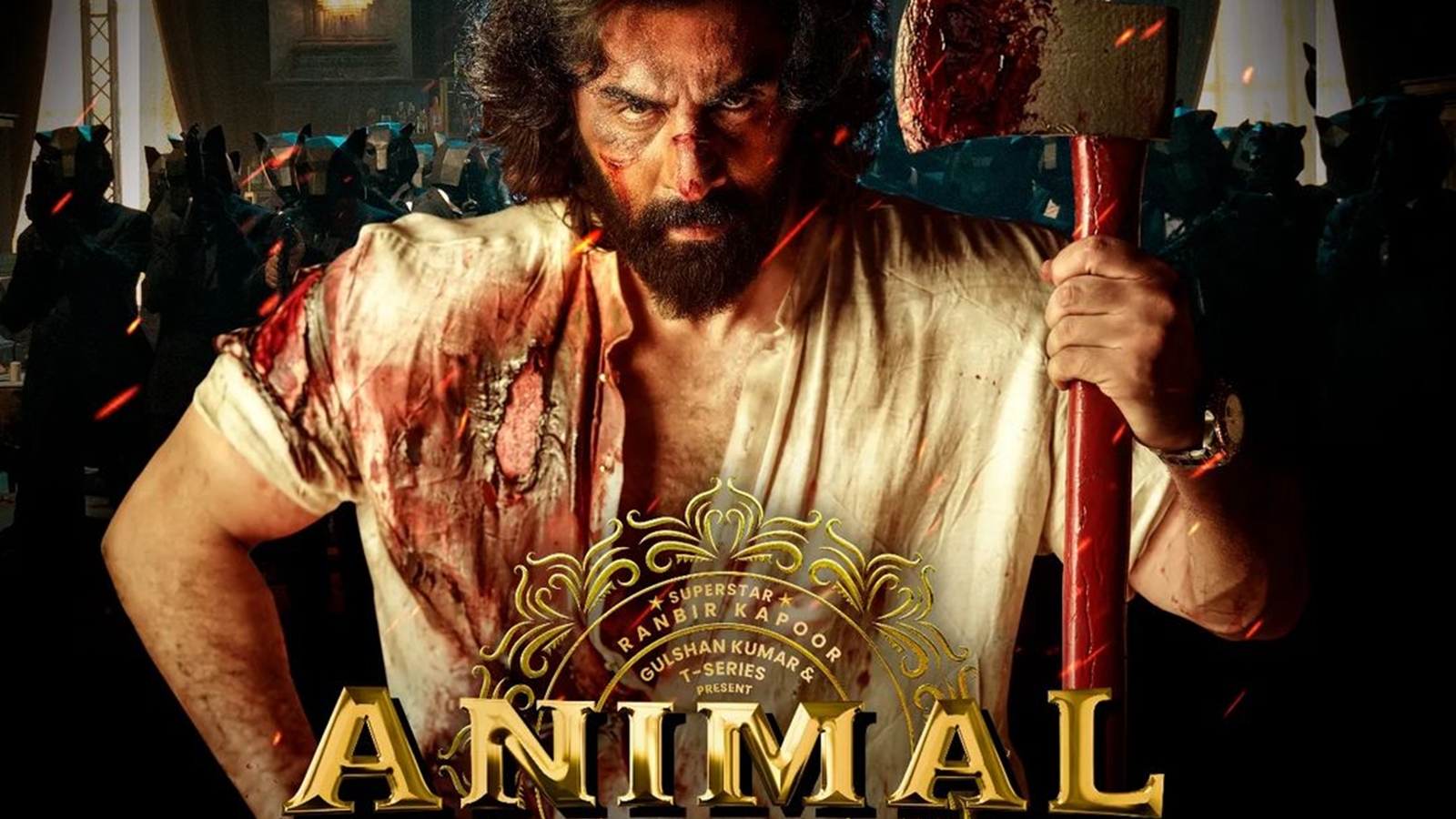
Vanga also mentions that the true misogynistic character of the film is the character of Abrar Haque. Vanga was also accused of spreading “communal hatred” because of this reason, as he made the villain a Muslim character. Vanga defends his choice by stating it’s only done for “creative purposes” as it would help build the confusion more with the family tree and it would also allow him to explore newer dynamics with cousins. He further asks, “Why without I give Aziz, the face of my hero if I considered them like that?”.
Conclusion

It must be noted that in a country like India, films are celebrated and they always tend to evoke a strong response from the audience, but the response with Animal has been a little stronger than the usual films of the year. What we, as an audience must acknowledge is the fact that filmmaking is a creative endeavor and a filmmaker has the right to make whatever they want. But, the filmmaker should also understand that the audience is entitled to their own opinions and they too have the right to criticize the film, and that does not make them any less superior to the filmmaker.
For more engaging entertainment pieces, follow us on Instagram and Facebook.
Entertainment
The Most Versatile Disney+ Hotstar Web Series

Disney+Hotstar has one of the most varied kinds of catalogs when it comes to web-series. When it comes to choosing a web series for casual viewing or binge-watching, one can get too overwhelmed as to which web series to watch. Recently different kinds of web series streamed on Disney+Hotstar, that you can stream, ranging from spine-chilling thrillers to hilarious comedies.
Page Contents
The Most Versatile Disney+ Hotstar Web Series
Rudra: The Edge of Darkness
A psychopath goes on a spree targeting Mumbai police, murdering uniformed officers. The only way Rudra can reach him is by rendering himself the killer’s victim. Rudra can review a past case in which a member of a cult suspected of murder resurfaces after more than ten years of hiding, abducting, and murdering women to suck their blood.
The Freelancer
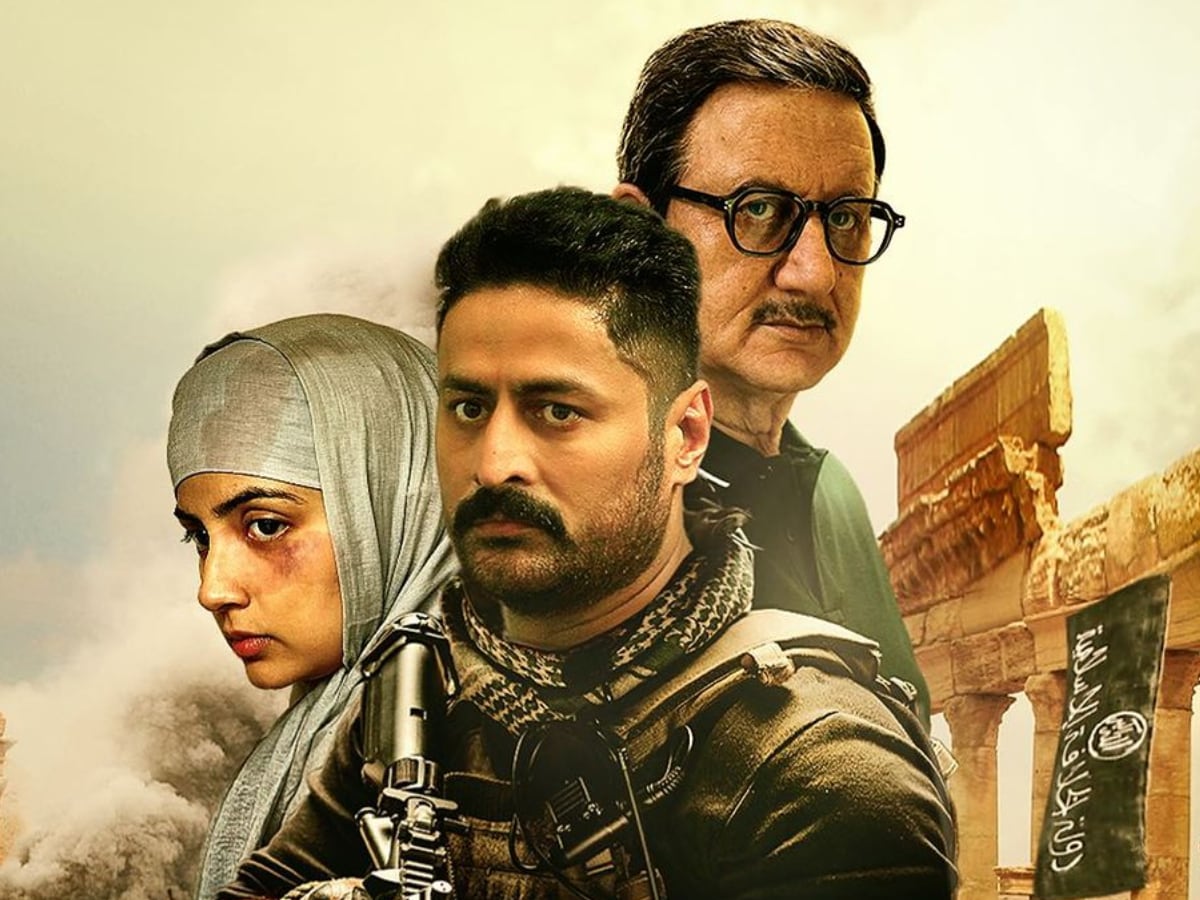
Inspired by the book ‘A Ticket To Syria,’ an ex-police officer turned freelance Avinash Kamath, aka ‘The Freelancer, undertakes the difficult job of rescuing Aliya, a freshly married girl stranded in devastated by war Syria amid the background of increasing ISIS terrorism.
Aarya
The illicit drug mafia and unlawful groups intend to kill his entire family. In reaction, Aarya joined the gangs. The show follows her road towards becoming a crime queen who wants revenge on the people who killed her spouse. In addition, she looks for her three children.
Pam & Tommy
Pam & Tommy tells Pamela Anderson and Tommy Lee’s troubled three-year marriage, with a focus on the burglary and illegal sale and distribution of an iconic sex tape that the pair secretly recorded during their honeymoon.
Criminal Justice
The series follows Aditya Sharma’s (Vikrant Massey) life after he is wrongfully convicted of killing Sanaya Rath (Madhurima Roy). The series is divided into ten episodes. The series begins by presenting Aditya Sharma, a cab driver of a middle-class family.
Saas Bahu Aur Flamingo
A family led by a tough grandmother runs the biggest drug organization in South Asia, deep within the mythological surroundings of Runjh Pradesh. Rani Cooperative, which advertises itself as a homeopathic and doll-making business, is a successful and wealthy business run solely by women.
Special Ops
The narrative features Himmat Singh from the Research and Analysis Wing, who notices identical trends in terrorist incidents and believes a single individual is responsible for all of them. His task force consisting of five agents who reside in different regions of the world seeks to capture the mastermind.
The Great Indian Murder
Popular Vicky Rai, a Delhi industrialist, gets involved in the rape and murder of two underage girls. Vicky throws a celebration after his release from jail. Jagannath Rai is disappointed by the CM and wants Vicky’s assistance in taking revenge. In this current day, police apprehend two killing suspects who have guns on them.
Taaza Khabar
Vasya’s life in the slums is difficult. His sole relief and love interest is Madhu, an illicit prostitute. One day, his charity is repaid as he receives an elderly lady’s blessings. Only Vasya’s buddy Peter trusts in his condition, and they decide to use his newfound authority by attempting to sell an antique vase.
The Night Manager
Shantanu ‘Shaan’ Sengupta, a retired Lieutenant from the Indian Navy, is now employed as a night manager in a five-star hotel in Dhaka, Bangladesh during the Rohingya genocide in 2017. Safina Kidwai, a 14-year-old girl wedded to the famous hotel’s main owner, Freddie Rehman, approaches Shaan for help in escaping to India. After his refusal, she grabs his phone and secretly records a discussion involving Shailendra ‘Shelly’ Rungta and her spouse about purchasing and importing illicit weapons into Bangladesh.
Entertainment
Highest Grossing Indian Movies of All Time
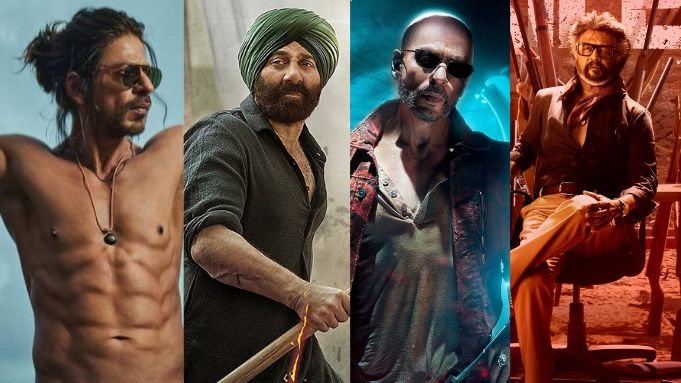
Highest Grossing Indian Movies of All Time
India is the country which produces the highest number of films in the world in a year.
This happens because of the different states and languages that are present in the country, which often help our country to showcase the variation of stories that we have and the range that we have which often end up making a huge mark in the global charts. Today we will discuss these films.
Page Contents
2.0 (2018)
10th number on our Highest grossing Indian movies of all time list. 2.0 a follow-up to Shankar’s Robot (2010) is called 2.0. In that movie, a robot becomes conscious, believes humans are a lower species, and becomes determined to rule the entire planet. The current movie centers on Chitti’s rebirth during the “fifth force” attack on the planet. The film opens with an elderly ornithologist named Pakshirajan (Akshay Kumar) taking his own life. From that day forward, odd things continue to occur.
.jpg?rect=0%2C0%2C1920%2C1080&auto=format%2Ccompress&fmt=webp&width=120&w=1200)
People’s mobile phones in Chennai seem to fly away from one another. Subsequently, cell phones are implicated as a killing weapon in two murders: the chief of a wireless service provider and the largest mobile dealer in the city. Investigative support is requested from the scientific community.
Secret Superstar (2017)
Insia comes from a rather traditional household, despite her intense love for music. Her mother quietly permits her to pursue her love of singing, even if her father forbids her from developing her gift.

She starts sharing her songs online under aliases and becomes well-known across the country, even among music business insiders. Her struggle to become independent and pursue her goal of becoming a musician is depicted in the film.
PK (2014)
PK is a situation-driven comedy about an outsider in the city, PK (Aamir Khan) who asks questions no one else has. The questions are innocent, child-like queries, yet the answers are disastrous. People who have been stuck in their ways of life for generations have to rethink the world around them when they see it through PK’s innocent eyes.
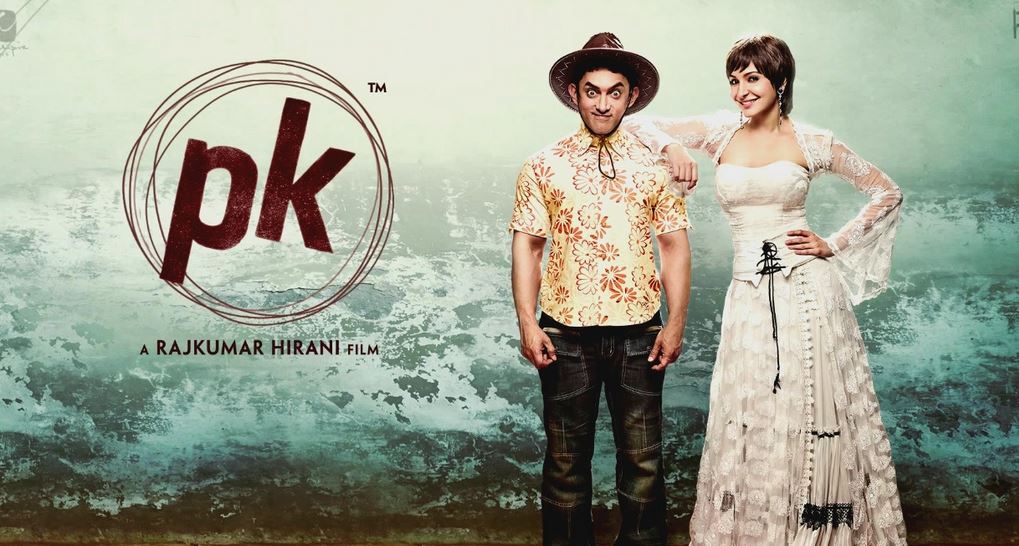
In the process, PK makes both devoted friends and powerful rivals. Heals broken lives and enrages the structure of society. P. K.’s naive curiosity leads to a spiritual journey for him as well as hundreds of thousands of others.
The movie is a daring and creative study of complicated philosophical ideas. It additionally serves as a simple and heartfelt story about love, laughter, and letting go. Finally, it’s a touching story about a bond between strangers.
Animal (2018)
Ranvijay Singh Balbir returns after eight years to protect his father Balbir Singh following an attempt on his life, which leads him to discover the darkest secrets of his family.

The film is a love story between the character of Ranvijay Singh Balbir, played by Ranbir Kapoor, and his father, Balbir Singh, played by Anil Kapoor.
Bajrangi Bhaijaan (2015)
Pawan, a devoted Indian Hindu meets a mute Pakistani Muslim girl named Munni. Pawan grows a more accepting, compassionate man as an outcome of Munni’s positive impact. Bajrangi Bhaijaan brings two people from very different origins together in an alternate father-daughter friendship. Of course, Pawan faces numerous challenges in bringing Munni home.

There are as many bitter situations to watch in Bajrangi Bhaijaan as there are good moments. It’s an extremely moving experience that promotes peace among individuals.
Pathaan (2023)
Indian Intelligence agent “Pathaan” (Shah Rukh Khan) learns of a huge upcoming attack on India, carried out by a hired killer squad lead by the brutal mystery Jim (John Abraham), who has his history.
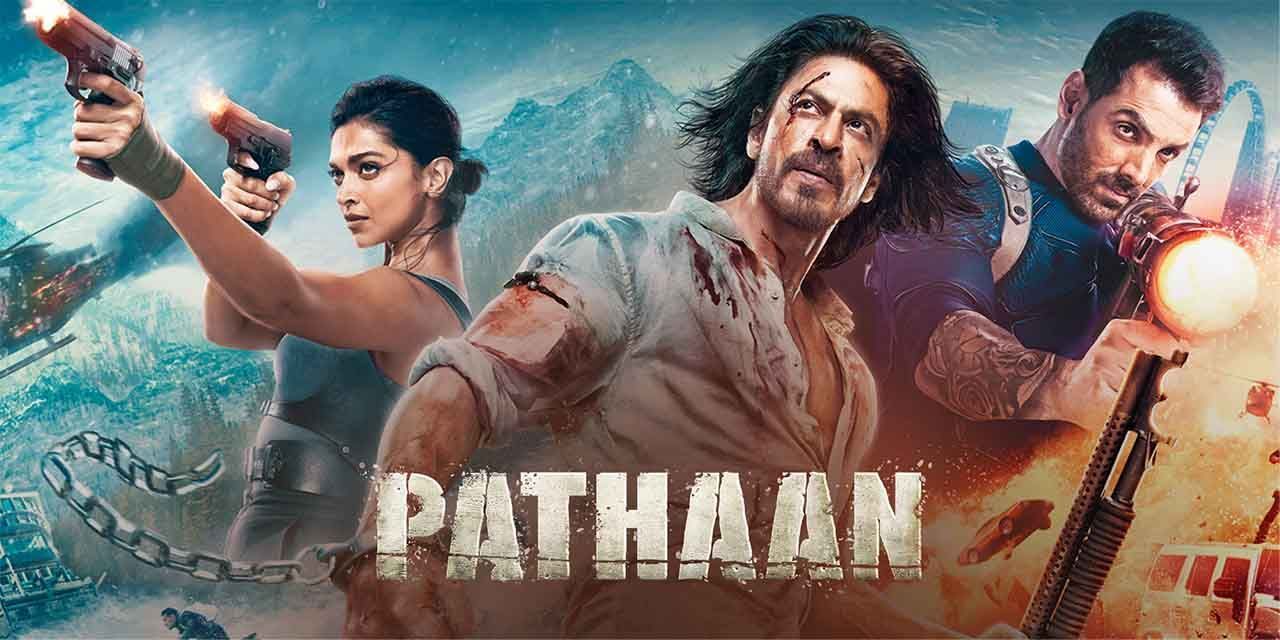
With the doom clock ticking and his only possible friend, agent Rubai (Deepika Padukone), Pathaan must fight multiple deceit and confront destruction as he fights Jim.
Jawan (2023)

A guy is motivated by an agenda to right injustices in society while upholding an agreement he made years before. He encounters a fearless terrible outlaw who has brought immense distress to many.
KGF: 2 (2022)
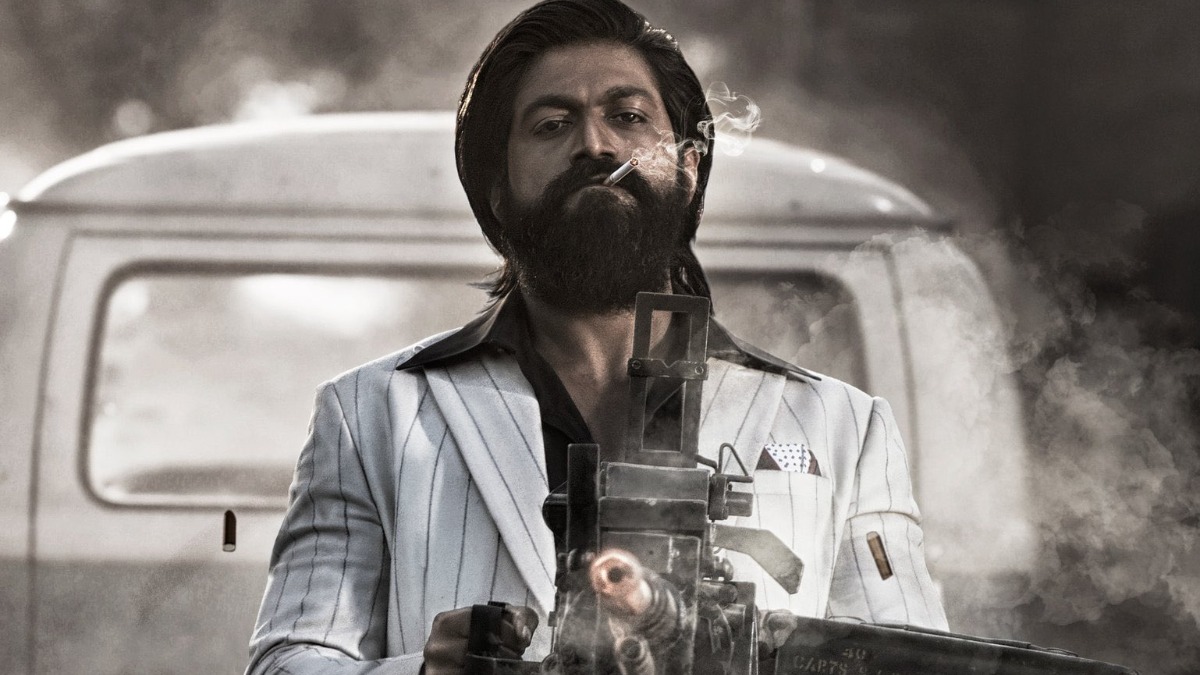
The blood-soaked kingdom of Kolar Gold Fields now has a new ruler, Rocky, whose name instills dread in his opponents. His allies look to him as a rescuer, the authorities regard him as an enemy, and his opponents demand vengeance.
RRR (2022)

A courageous rebel and a British officer who once had a profound friendship choose to join the forces and create an inspiring road of freedom against dictatorial regimes.
Dangal (2016)

At the top position of Highest grossing Indian movies of all time list is none other than Dangal. Mahavir Singh Phogat, a former professional wrestler, chooses to pursue his goal of earning a gold medal for his nation by training both of his daughters in the Commonwealth Games, despite prevailing social stigmas.
Entertainment
Alia Bhatt’s Stellar Filmography
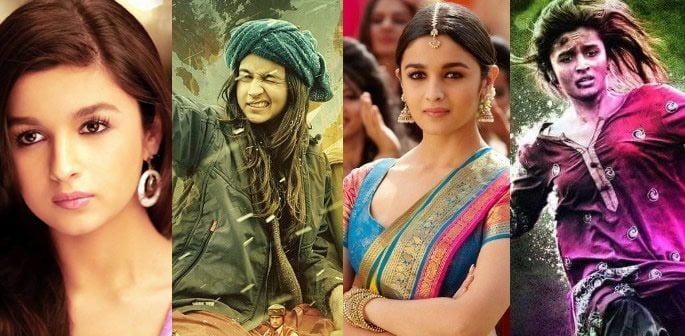
Alia Bhatt is one of the most prolific Bollywood Actresses in the contemporary space of Bollywood, who has also ventured into Hollywood last year. She has proved her talent through numerous films and started her career at the mere age of 19 with the Karan Johar directorial Student of the Year (2011).
Known for her depictions of women in challenging scenarios, she has won several accolades, including a National Film Award and six Filmfare Awards. She is one of India’s highest-paid actresses of Bollywood, appearing on Forbes India’s Celebrity 100 list since 2014 and receiving the Time100 Impact Award in 2022. Today, on her special day, we will take a look at the most celebrated Alia Bhatt movies in Bollywood.
Page Contents
Alia Bhatt’s Stellar Filmography
2 States (2013)
A romantic journey of a culturally contrasting couple, Krish Malhotra and Ananya Swaminathan. They meet at IIM-Ahmedabad College and fall in love while participating in the program. Complications emerge when the program ends and they decide to marry. Krish and Ananya are from separate states in India. Krish, a North Indian Punjabi kid from Delhi, and Ananya, a Tamil Brahmin from Chennai.

They make an intentional decision: they will not marry until both of their parents agree. Everything goes wrong once the parents meet. There is a dispute over culture, and the parents are against the wedding.
To turn their love tale into a loving marriage, the pair must confront a difficult challenge. Because it is simple to put up barriers and resist, but far more difficult to persuade.
Badrinath Ki Dulhania (2017)
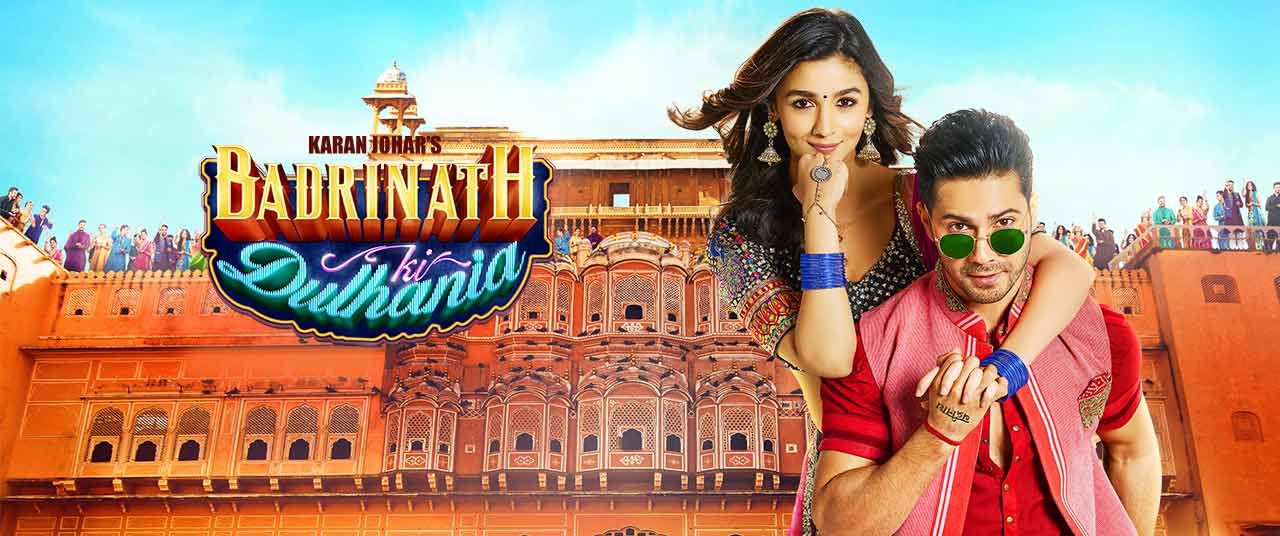
Badri, the rich man’s son, encounters Vaidehi during a wedding, and flames flare between them. However, when he desires little more than to marry her, she wishes to follow her ambition of becoming an air hostess.
Rocky Aur Rani Ki Prem Kahaani (2023)
Dhanlaxmi Randhawa is a prideful businesswoman who considers her spouse Kanwal to be a loser and never allows her son Tijori to get attached to him. Kanwal was involved in an accident and was confined to a wheelchair for the rest of his life.

Years later, he experiences certain occurrences in his life and uses the name Jamini. The doctors encourage them to trace Jamini since it could help them regain their grandfather/father. Rocky, his grandson who is considerably closer to him, tracks down Jamini Chatterjee and discovers that her granddaughter is Rani Chatterjee, a popular anchor.
Rocky sees Rani tells her about Kanwal and asks her grandmother whether she knows him. Rani doesn’t take him seriously, but Jamini reveals the truth.
Raazi (2018)
Raazi is amongst the most critically acclaimed Alia Bhatt movies. During the 1971 India-Pakistan conflict, Hidayat Khan, a freedom fighter, worked as an agent for the Indian government, providing information about Pakistan.

Hidayat Khan hopes that his 20-year-old daughter Sehmat continues to carry on his legacy, as death may call him at any time due to his blood tumors. Sehmat agrees to continue her father’s cultural heritage and is trained by Senior Officer Khalid Mir and his assistant Bakshi.
Hidyat is on friendly terms with Brigadier Parvez Syed, a Pakistani army officer, and chooses to marry Sehmat to his younger son, Iqbal Syed, who is also an army officer.

Sehmat works to settle into her newlywed status and gain the trust of her family, while simultaneously learning important intelligence about Pakistan’s plans against India, which she sends on through various intermediaries. But Sehmat is constantly skeptical of the house’s devoted cook Abdul. Will she be able to do her job?
Darlings (2018)
Badrunissa (Badru) and Hamza are deeply in love and intend to marry after Hamza receives a government job as a T. C (Ticket Collector) in Indian Railways. Still, Badru’s mother, Shamshunissa, is not pleased with her decision.
Three years later, things are not going well between Badru and Hamza since he has become an alcoholic and frequently hits Badru, demanding that she live according to his rules. He is also opposed to his building’s renovation proposal. Shamshunissa is well conscious of her daughter’s regular mistreatment and wishes for her to return home, but Badru remains hopeful that Hamza will change one day.
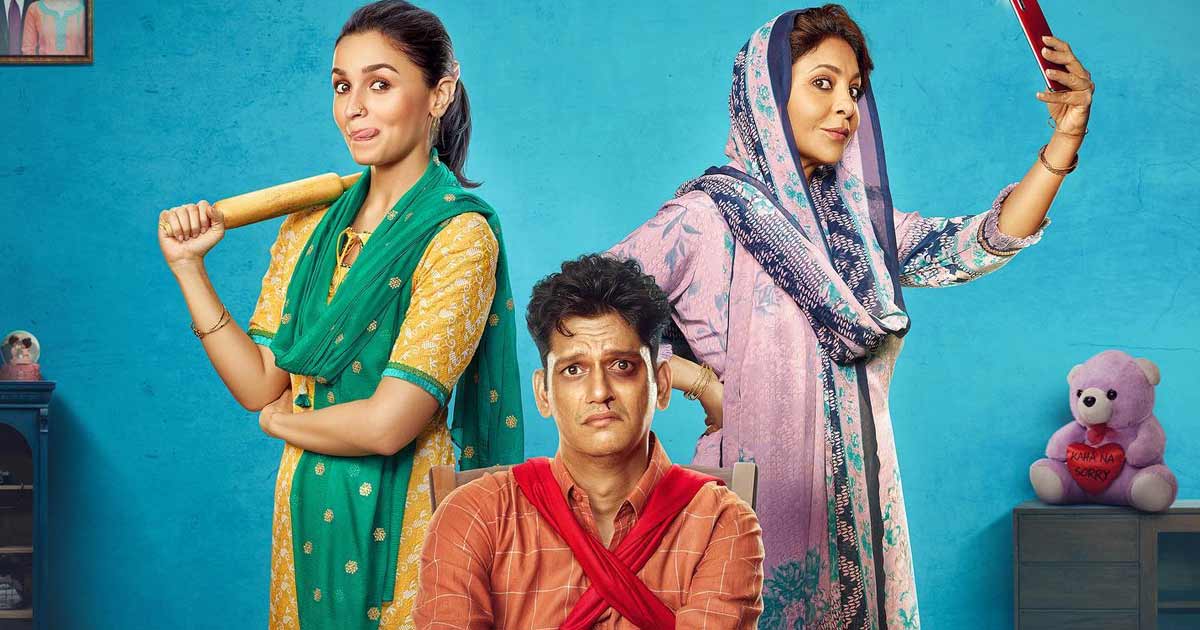
Zulfi, a common acquaintance of Badru and Shamshunissa, complains to law enforcement about Hamza being a wife abuser, but with his sweet talk, Hamza persuades Badru to withdraw the accusation. On their trip home, Hamza strikes Shamshunissa, and Badru is forced to choose between her mother and her husband, ultimately choosing Hamza, causing both mom and daughter to cut connections.
A couple of days later, Badru learns of her upcoming pregnancy and joins Shamshunissa at the very same time Hamza learns through Inspector Jadhav that Zulfi has filed a complaint against him, and Badru is well aware of it. Hamza fears a sexual relationship between them and throws Badru downstairs, causing her to miscarry.

However, Badru continues to stay there; she intends to hold Hamza hostage in their home and torment him in the same way he tortured her. This is Alia’s first OTT project but this series was no less than any Alia Bhatt movies and her performance was praised.
Udta Punjab (2016)
What might a rock superstar, a migrant worker, a doctor, and a cop have something in common? Simple, Punjab! Udta Punjab brings you on an unforgettable journey with four lives and one bond. Shahid Kapoor, Kareena Kapoor, Alia Bhatt, and Diljit Dosanjh play people from all walks of life who each tackle the drug curse in their unique way.

The film explores the manufactured highs and actual lows that they encounter while traveling down dangerous routes. But most importantly, Udta Punjab is about the legendary Punjabi spirit, which, despite being completely down, has the nerve to stare you in the eye.
Gangubai Kathiawadi (2022)
Gangubai most recent and most successful among Alia Bhatt movies. A small girl gets sold to Rashmibai’s brothel and forced to work in the prostitution trade. When the girl refuses to accept, Rashmibai feels compelled to seek the assistance of Gangubai Kathiawadi. Gangubai Kathiawadi, also known as Ganga, desired to become an actress and fled to Mumbai with her fiance Ramnik, who sold her to Shelia Masi’s brothel.

Gangubai had little choice but to become a prostitute, but she earned the respect of other women because she would be their primary support in their fight against Sheila Masi. Gangubai eventually forms a brotherly friendship with Don Rahim Lala. Gangubai quickly established herself as the mafia queen and aimed to improve women’s lives in her town. She chooses to enter politics, but she faces a formidable opponent in Raziabai.
Highway (2014)
A city girl, youthful and full of life, is on a highway at late midnight with her fiancé. Suddenly, her life changes from the shiny jewels of marriage to the gruesome brutality of kidnapping.

Her life will not be ever the same again. The gang is terrified; the girl is a wealthy industrialist’s daughter, and his connections in the halls of power make compensation impossible. However, for the leader of this organization, giving her back is not a choice. As the days pass, the countryside changes and the girl believes she has undergone shifts as well.
Slowly, a weird link forms involving the person being oppressed and the one who oppresses her. For the first time in her imprisonment, she feels carefree, happy, and peaceful.

So which one is your favorite among the above-mentioned Alia Bhatt movies? Let us know in the comments.

 Entertainment2 years ago
Entertainment2 years ago18+ Series That You Undoubtedly Should Not Watch With Your Family

 Entertainment2 years ago
Entertainment2 years agoTop 10 Indian Hot Web Series That Will Raise The Temperatures

 Entertainment2 years ago
Entertainment2 years ago10 Adults Only Ullu Hot Web Series

 LGBTQ+8 months ago
LGBTQ+8 months ago8 Bold and Unapologetic Indian Gay Web Series

 Recommendations2 years ago
Recommendations2 years ago10 Best Anime Movies In Hindi By Studio Ghibli

 Entertainment1 year ago
Entertainment1 year ago10 Quotes That Make Farzi Web Series Iconic

 Nostalgia3 years ago
Nostalgia3 years ago90s Snacks Of India That We Will Probably Never Eat Again

 Entertainment1 year ago
Entertainment1 year ago5 Hande Erçel Dramas In Hindi On YouTube


